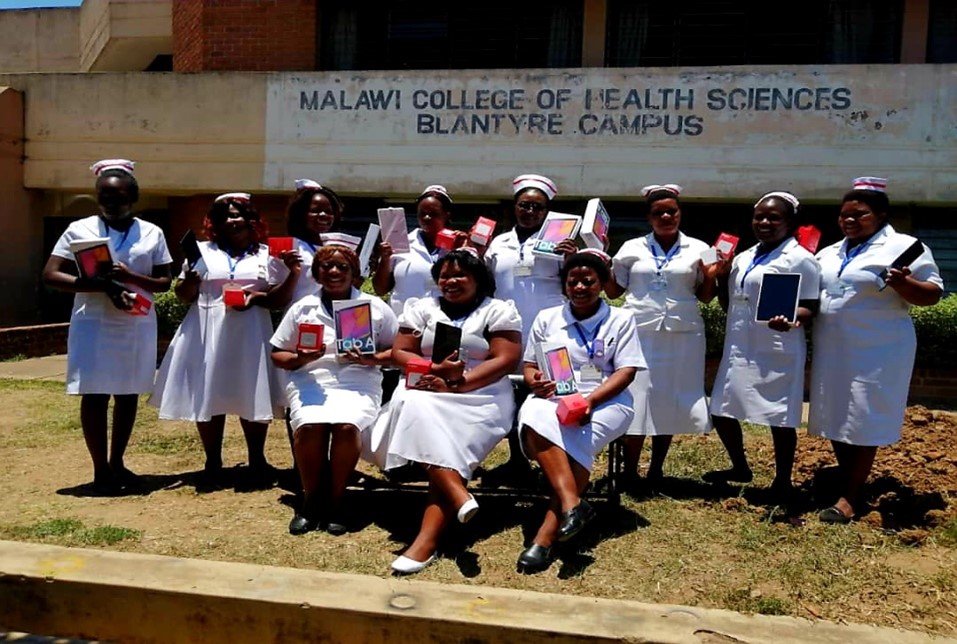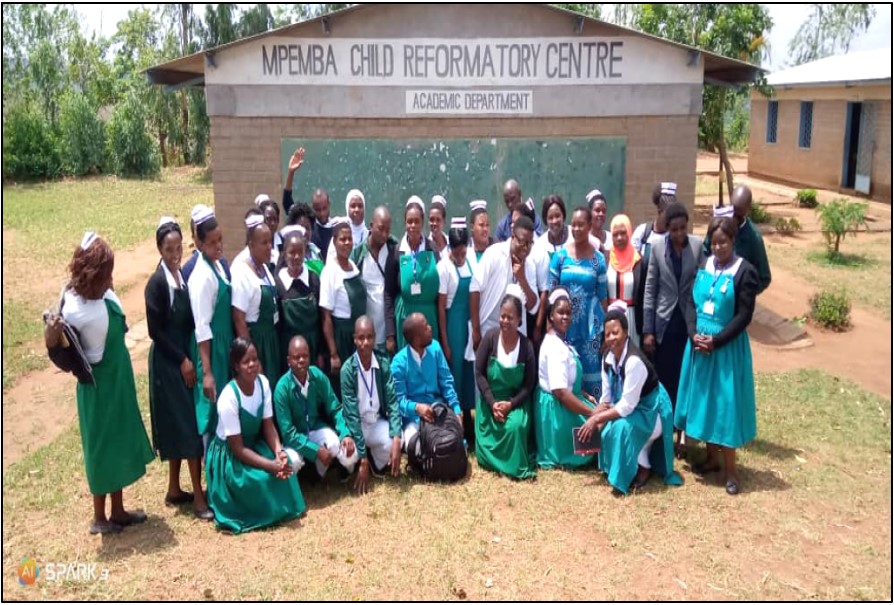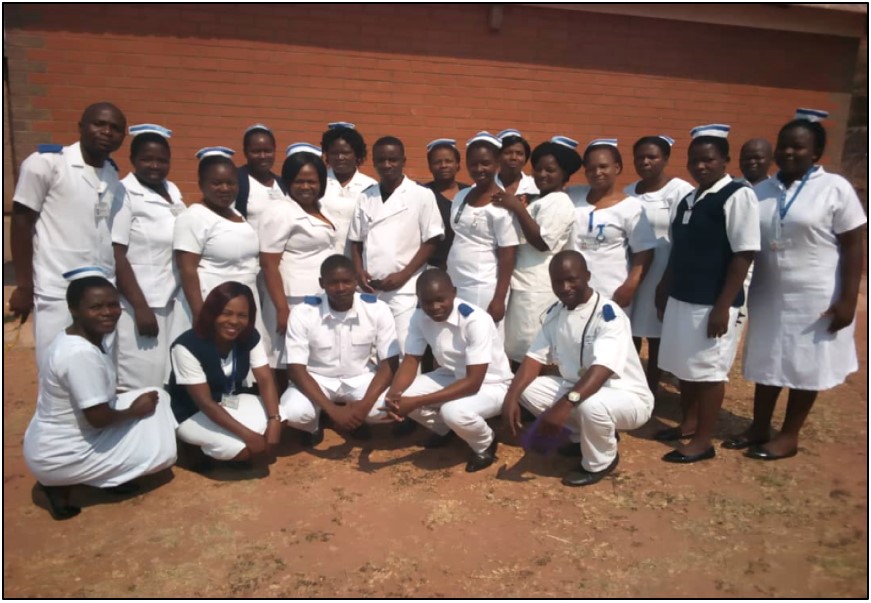Field Updates
Amref Malawi: Upgrading Midwives through eLearning!
Amref Malawi is using eLearning to help Nurse-Midwife Technicians become Professional Registered Nurse-Midwives! With help from area colleges, the Ministry of Health, and the Nurse and Midwives Council (NMC), this two-year upgrading program is the first of its kind in Malawi to create a pathway toward professionally registered midwifery. These newly registered midwives will be able to provide advanced comprehensive maternal and child health care.
The first class had 56 students from 39 health facilities. All 56 have completed the program, with half already passing their NMC license exam and the other half currently preparing to take it. These students completed subjects such as Microbiology, Chemistry, Ethics & Professionalism of Nursing, Community Health Nursing, and Mental Health & Psychiatric Nursing.
Through eLearning, students could continue to work at their health facilities while still having time to be with their families, allowing them to apply what they learned into practice immediately. In addition, Amref was able to reduce the financial burden by covering 60% of the outstanding tuition fees.
This real-time coursework application helped many students receive recognition and promotions at work, including managerial and coordinator roles. Some have even committed to furthering their education by pursuing BSc and Master’s degrees.
In fact, this initial cohort was so successful that the upgrading program will serve as a blueprint for any future nursing and midwifery eLearning programs.
The passion and dedication of these new professionally Registered Nurse-Midwives made them overall better health workers. And better health workers mean better care for their communities and the people that need it the most. Currently, Malawi’s nurse-to-patient ratio is 1 for every 3,000 patients, but through eLearning, we can get closer to closing that gap by opening opportunities for education.
“…I have gained skills such as conducting vacuum extractions, which I could not do before… and no longer need a supervisor present to conduct certain procedures. [My schooling helped me] become more accountable, and my colleagues will begin looking to me to make certain decisions.” -Victor
“[I] acquired skills that helped me be promoted to HIV/ART program coordinator at [my] Hospital. I am trusted to make decisions regarding courses of treatment for patients….” -Kelvin







